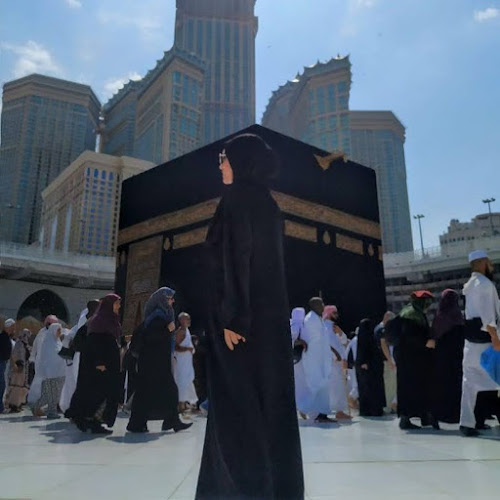Movie Review: Disney Aladdin
The main objective of this article is to analyze the presence of orientalism in the Disney film Aladdin, using Edward Said's perspective on orientalism. Edward Said, an American Palestinian, criticized the Western perception and study of the East. According to Said, orientalism is a Western approach that aims to dominate, restructure, and assert authority over the East. Western scholars who practiced orientalism believed in their own superiority over the "others," referring to non-Western cultures, particularly those in the East. The term "oriental" was used broadly to describe regions such as the Middle East, Near East, and Far East. Non-Westerners, especially those from the East, were often portrayed as "mystical, irrational, supernatural, and barbaric," in need of assistance from the "rational" West. Orientalist elements have permeated various industries, including entertainment, such as film, which may influence viewers' perceptions of the East. This study focuses on analyzing both the animated and live-action versions of Disney's Aladdin to examine the presence of orientalism within the film.
 |
| Edward Said. RIP (1935-2003) |
The story of Aladdin is an adaptation of the Arabian tale from The Thousand and One Nights (Alfu Layla wa Layla), and the name "Aladdin" itself is of Arabic origin (علاء الدين). The Thousand and One Night tales gained popularity in the West and were translated into English under the title Arabian Nights. As mentioned earlier, Said argues that Westerners tend to view the "others" in a similar manner, encompassing the Middle East, Near East, and Far East. This perspective is reflected in the opening of the movie, which features the Taj Mahal in Agra, India, representing the Arabian Nights. The confusion in understanding Eastern cultures is also evident in how Princess Jasmine is portrayed, as her attire resembles Indian traditional dress rather than Arab traditional costume, which would have been more appropriate.
 |
| Taj Mahal in the live-action, 2019 |
 |
| Taj Mahal |
 |
| Princess Jasmine |
The movie portrays Eastern culture as something entirely foreign, evident from the opening scene featuring the Arabian Night song and the depiction of the setting as "the mystical land of magic and sand," a "faraway place" with a culture that can enchant and captivate. This portrayal reinforces the notion that Arabs and the East, in general, are exotic and unfamiliar to the Western perspective. The movie presents the East as a whole new world, a fantastical and dazzling place previously unknown to the audience.
In fact, the original lyrics of the song, written by Americans Howard Ashman and Alan Menken, contained racist elements. After receiving criticism, the lyrics were altered. The previous version included the line "they cut off your ear if they don't like your face." Additionally, there were problematic portrayals, such as a sleazy and burlesque character in the prologue and a scene where a merchant threatens to cut off Princess Jasmine's hand for taking an apple from his stand to give to a hungry child. The dialogue also features sarcastic remarks, with the merchant speaking with an English-Arabic accent, asking, "Do you know what the penalty for stealing is?" while slamming Jasmine's hand onto a counter, implying the application of Sharia Law. However, in reality, the application of Sharia Law involves extensive legal proceedings and is not simply carried out in such a manner. Moreover, it is worth noting that Aladdin, Jasmine, and her father speak in standard American English, while the villains speak with a foreign accent that is perceived as English-Arabic.
Side note: Analyzing this movie does not mean lacking chill or overreacting since it's "just a movie," but rather it's about raising awareness regarding the generalization and stereotyping of Eastern cultures. The same applies to the portrayal of Islam, which is often depicted as an "enemy" or "terrorist" in certain American or English movies, while in reality, they can be portrayed as the "heroes" who save the world, as seen in films like G.I. Joe: Retaliation.





Comments
Post a Comment